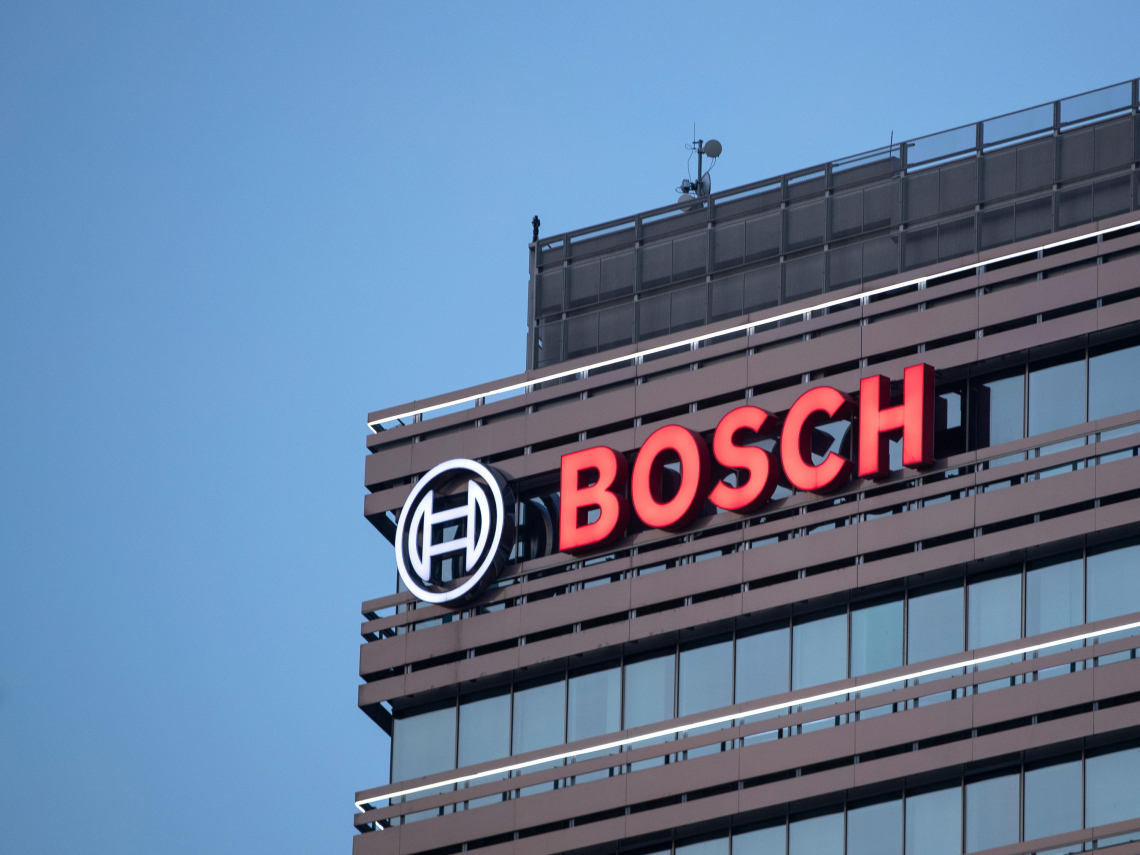Bosch Announces Global Layoffs of 5,500: The Growing Pains of the Automotive Industry's Transformation
As the global automotive industry undergoes a profound transformation, Bosch, a leading global automotive parts supplier, has recently announced a large-scale layoff plan, cutting 5,500 jobs worldwide. This news has quickly attracted widespread attention in the industry, not only because of Bosch's important position in the automotive supply chain but also because it reflects the immense challenges the entire automotive industry faces in the transition to electrification and intelligence.
01 Layoff Background: Market Changes and Technological Impact
The background of Bosch's layoff plan is the current situation of overcapacity, intensified market competition, and rapid technological iteration faced by the global automotive industry. With the booming development of the electric vehicle industry, the demand for traditional automotive parts has plummeted, such as spark plugs, drive belts, engines, and transmissions, which were once the core products of traditional automotive parts suppliers like Bosch and are now gradually being replaced by electric vehicles' motors, batteries, and control systems. This change poses a severe challenge to Bosch's business model, forcing it to make strategic adjustments.
02 Layoff Details: Widespread Impact and Far-reaching Effects
● Domestic Layoffs in Germany: As Bosch's stronghold, Germany will bear the brunt of the layoffs, with an expected 3,800 employees losing their jobs.
● Cross-Domain Computer Solutions Department: The department plans to cut 3,500 employees by the end of 2027, half of whom are from German factories, showing Bosch's reduction efforts in some traditional business sectors during the transformation process.
● Hildesheim and Schwäbisch Gmünd Factories: The Hildesheim factory is expected to cut about 750 employees by 2032, with 600 people losing their jobs by the end of 2026; the steering system department of the Schwäbisch Gmünd factory plans to cut up to 1,300 positions between 2027 and 2030. These layoff plans not only involve traditional automotive parts manufacturing but also include the computer solutions department related to autonomous driving and smart connectivity, showing Bosch's comprehensive adjustment during the transformation process.
03 Analysis of Layoff Impact: Chain Reaction of Salary Reductions and Reduced Working Hours
In addition to direct layoffs, Bosch also announced that due to the decline in market demand for automotive parts, the company will further adjust its production capacity, with an expected reduction in working hours for 10,000 workers, from 38-40 hours per week to 35 hours per week, which translates to a salary reduction of about 12.5%. This change not only affects the laid-off employees but also puts tremendous pressure on those who are not laid off, with the entire Bosch workforce facing unprecedented challenges.
04 Industry Reaction: Widespread Attention from Unions and Society
Both the Bosch Works Council and the German Metalworkers' Union have strongly opposed the layoff plan, believing it will have a significant impact on employees' lives and calling on the company to seek milder solutions. At the same time, the German government and various sectors of society have also expressed concern about Bosch's layoff plan, demanding that the company actively respond to market changes while ensuring employee rights and sustainable development.
 05 Conclusion: Future Outlook Amidst the Growing Pains of Transformation
05 Conclusion: Future Outlook Amidst the Growing Pains of Transformation
Bosch's layoff plan is not only an adjustment to its own business model but also a profound reflection of the transformation trend of the entire automotive industry. Against the backdrop of global economic uncertainty, Bosch's decision may not be a short-term phenomenon but is closely related to the overall economic situation. Faced with the tide of electrification and digital transformation, traditional automotive manufacturers and parts suppliers need to seek survival and development under new market conditions.
For Bosch, layoffs bring short-term pain but are also a necessary step in the company's transformation and upgrading. In the future, Bosch needs to focus more on technological innovation and talent cultivation, strengthen integration with cutting-edge technologies such as electric vehicles and autonomous driving, and gain a favorable position in the new market competition. At the same time, the company also needs to pay attention to the rights and welfare of employees, providing training, job transfer, and other support measures to help employees adapt to new work environments and business needs.
Conevo Automotive-grade Control Chip Recommended
Conevo is a global independent distributor of semiconductors. Conevo's main semiconductor IC products include sensors, stabilizers, controllers, drives, pmic, PLDS, connectors, etc. Click to see more Conevo components.
● The TLE6220GP is an automotive-grade constant current control chip launched by Infineon. It is a four-channel low-side switch chip designed to build the drive circuit for on-off valves in electro-hydraulic control systems.
● The TLE4279GM is an automotive-grade smart power switch from Infineon with built-in overcurrent protection to protect circuits and motors from overload damage. It can detect the motor fault, and provide the corresponding fault indication signal, but also through the external signal can be programmed and controlled.
● The R35204MTRPBF is a dual-circuit digital multiphase step-down controller produced by Infineon Technologies (Infineon), whose use is primarily focused on high performance CPU voltage regulation. This chip is designed for a variety of applications, particularly in the field of embedded systems and IoT devices.
Website: www.conevoelec.com
Email: info@conevoelec.com









